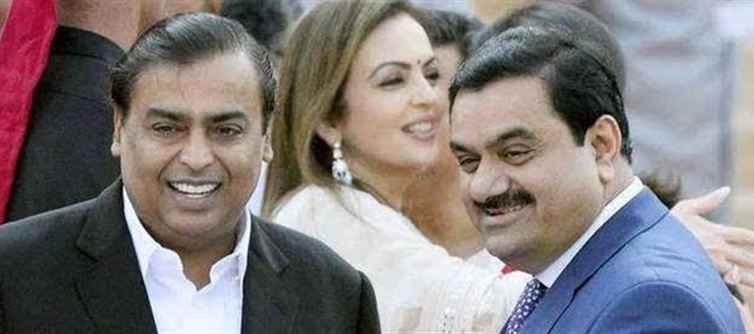
Prime minister Narendra Modi recently reiterated that india will never compromise on the interests of farmers, fishermen, and dairy farmers, assuring that their welfare remains a top priority for his government. Speaking at a public event, he emphasized that policy decisions are made to protect these sectors, which form the backbone of the nation’s economy and livelihood for millions.
Modi highlighted various schemes and reforms initiated over the years aimed at improving infrastructure, boosting productivity, and ensuring fair prices for agricultural and marine produce. He stressed that the government’s stance is clear — safeguarding rural communities and their economic well-being is non-negotiable.
However, the statement triggered a wave of reactions on social media, where a section of netizens mocked the Prime Minister’s words. Critics alleged that the government’s policies, in reality, favor corporate giants rather than ordinary farmers, fishermen, or dairy producers.
Several sarcastic comments claimed that when Modi spoke of protecting these groups, he was referring to industrialists like mukesh ambani and gautam adani, who have diversified into sectors related to agriculture, food processing, and maritime trade.
Memes and sharp jibes flooded twitter and other platforms, with users accusing the government of prioritizing big business interests over the needs of small and marginal farmers.
This online backlash reflects the continuing skepticism among certain sections of the public regarding agricultural reforms and corporate involvement in farming and allied sectors. While the government insists that partnerships with large companies can modernize agriculture and bring better infrastructure, critics argue that such measures could sideline small players and concentrate control in the hands of a few conglomerates. The gap between political assurances and perceived ground realities remains a contentious point, fueling debates on whether rural india truly benefits from current policies or whether the economic gains are being cornered by corporate heavyweights.




 click and follow Indiaherald WhatsApp channel
click and follow Indiaherald WhatsApp channel